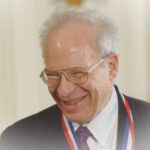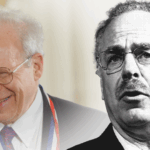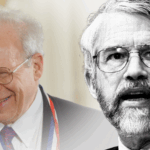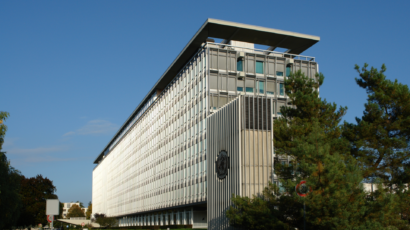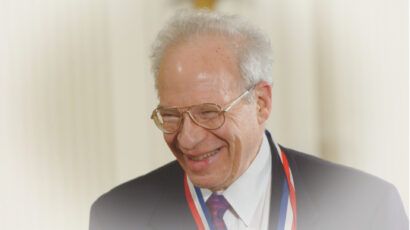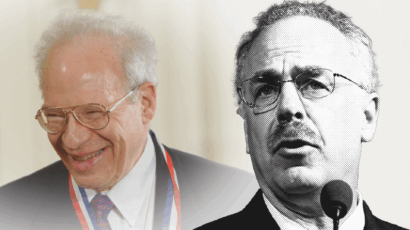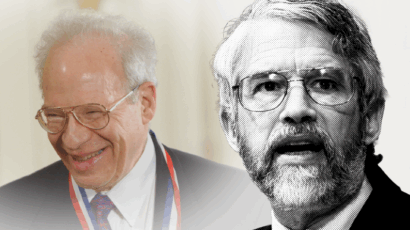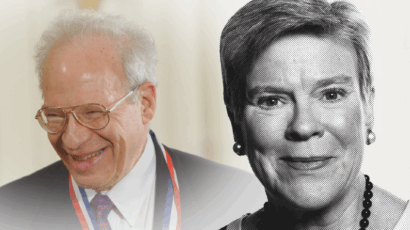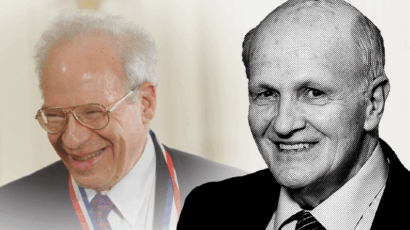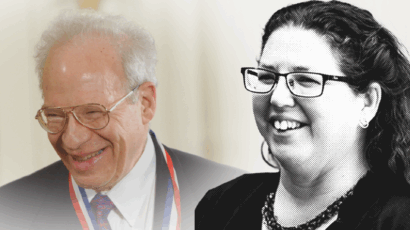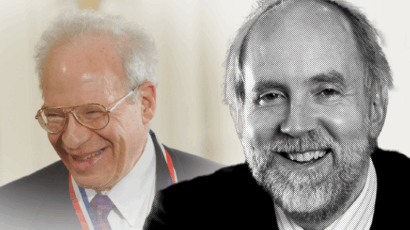Can East Asia avoid a nuclear explosive materials arms race?
By Henry Sokolski | March 28, 2016
Later this week, from March 31 to April 1, Washington will host the fourth and final Nuclear Security Summit. Unfortunately, the commercial plutonium plans of Japan, Korea, and China won’t be on the agenda. That’s a shame because, as everyone knows, plutonium is a nuclear explosive. What’s at stake is nothing less than a race to stockpile plutonium in East Asia that could end very, very badly.
North Korea’s fourth nuclear test, on January 6, intensified these concerns. Shortly after the test, leaders of the South Korean National Assembly’s ruling party publicly urged President Park Geun-hye to consider reprocessing fuel from nuclear power plants to extract plutonium, as a military hedge against further North Korean nuclearization. Technically, this is feasible: A recent analysis in Seoul’s leading daily, Chosun Ilbo, detailed how South Korea could use its existing facilities to acquire its first bomb, perhaps as early as 18 months from now.
Those pushing to acquire a nuclear option want a countermeasure against the North. They also complain that Washington has authorized Japan, America’s other East Asian security ally, to reprocess spent US-origin fuel (fuel made in the United States but burned in reactors in Japan) to produce plutonium. This grates on Seoul, given the historical enmity between Japan and South Korea. Washington has yet to grant South Korea similar recycling rights.
In fact, Japan now has about 11 metric tons of plutonium on its soil (and another 37 metric tons stored abroad)—enough to make roughly 2,000 nuclear weapons—and plans to open a large, decades-delayed commercial reprocessing plant at Rokkasho after the US-Japan civilian nuclear cooperation agreement automatically renews late in 2018. The Rokkasho plant will produce enough plutonium to make more than 1,500 nuclear warheads annually—roughly equivalent to the entire operationally deployed US nuclear force.
This has raised China’s hackles. Chinese officials in Beijing and at the United Nations have repeatedly complained that Japan’s continued stockpiling and planned production of plutonium is a not-so-subtle threat to go nuclear. There is a bit of hypocrisy in this. Just last week, Beijing announced its latest five-year plan to commercially reprocess spent fuel, and is in the late stages of negotiations with the French firm Areva for a reprocessing plant similar in size to that of Rokkasho. If China builds and operates this plant, it plans to stockpile plutonium for 10 to 20 years—ostensibly for advanced reactor fuel—producing enough plutonium for between 15,000 and 30,000 bombs, roughly the number of weapons’ worth of nuclear explosives that the United States or Russia could remilitarize if they weaponized the massive amounts of surplus nuclear weapons fuel in their respective stockpiles.
This could be militarily significant. Currently, China’s nuclear arsenal is believed to be only 200 to 400 weapons. Its surplus plutonium stockpile, moreover, is only large enough to produce some additional hundreds of bombs, and China lacks any working military plutonium production reactor. Would a Chinese commercial plutonium program serve as a work-around? This may not be China’s intention now, but if tensions in the region increased, might this change? One has to hope not.
What makes these civilian plutonium-recycling efforts all the more dubious is how little economic and technical sense they make. They are not only unnecessary to promote nuclear power or manage nuclear waste, but also clear money losers. Privately, Chinese, Japanese, and South Korean officials and other government advisers concede these points; publicly, they don’t.
For all these reasons, US Secretary of Energy Ernest Moniz chose to speak up earlier this month. In an editorial board meeting at The Wall Street Journal’s Beijing office, he made it clear: “We don’t support large-scale reprocessing.” As for China’s latest announcement that it would proceed to build its first commercial-scale reprocessing plant, he noted that it “certainly isn’t a positive in terms of nonproliferation.” On this, Moniz speaks with some moral authority. He coauthored a major 2011 MIT study that concluded investing in commercial plutonium recycling should be deferred, and his Beijing pronouncement came on the heels of a politically difficult decision he made to terminate the Department of Energy’s own costly plutonium fuel fabrication plant at Savannah River.
The Secretary, however, is not the only US official to speak up. The day Moniz made his Beijing statement, both Senate Foreign Relations Committee chairman Senator Bob Corker and minority committee member Senator Ed Markey of Massachusetts emphasized the nonproliferation and regional security value of backing an East Asian commercial plutonium recycling time-out in a committee hearing on the Nuclear Security Summit.
Easily as important: The administration witness, Assistant Secretary of State for International Security and Nonproliferation Thomas Countryman, quickly agreed. “I would be very happy to see all countries get out of the plutonium reprocessing business,” he noted. Countryman went further, saying that “there are genuine economic questions where it is important that the US and its partners in Asia have a common understanding of the economic and nonproliferation issues at stake before making a decision about renewal of the 123 [civilian nuclear cooperation] agreement, for example, with Japan.” All at once, although there has been no officially acknowledged change in US policy, the automatic renewal in 2018 of the 123 agreement no longer seems, well, automatic.
The question now is what’s needed next. Besides following through on the economic and nonproliferation discussions Countryman called for in East Asia, it would be useful for others in Congress to speak up. Congressman Brad Sherman, ranking member of the House Foreign Affairs Subcommittee on Asia and the Pacific, has long championed the idea of an East Asian commercial plutonium time-out. Others should follow his lead, emphasizing the need for US officials to make the nonproliferation and regional security case for Japan, South Korea, and China to follow America’s example of deferring the commercializing of plutonium fuels.
Washington officials also need to go back to the French at the most senior levels and make the case for holding off its reprocessing-plant sale to China. Such an export would have major security implications for both the United States and Japan, and it’s not clear that such a sale would ultimately be in France’s interest.
Finally, the US Department of Energy has long been promoting advanced “fuel cycle” (read advanced “reprocessing”) cooperation with Japan, South Korea, and China. For all the reasons noted above, this cooperation needs to be reexamined. Instead of making plutonium recycling the focus of US cooperation with East Asian nations, the Energy Department ought to be working more closely with these states on how to manage nuclear waste and how to eliminate plutonium stockpiles without recycling the spent fuel from commercial power reactors.
Editor’s note: The Nonproliferation Policy Education Center is hosting a March 30 lunch forum on “The Coming Plutonium Buildup in East Asia: Why America Should Worry” in Washington. For more information, go to www.npolicy.org.
Together, we make the world safer.
The Bulletin elevates expert voices above the noise. But as an independent nonprofit organization, our operations depend on the support of readers like you. Help us continue to deliver quality journalism that holds leaders accountable. Your support of our work at any level is important. In return, we promise our coverage will be understandable, influential, vigilant, solution-oriented, and fair-minded. Together we can make a difference.
Topics: Analysis, Nuclear Weapons


